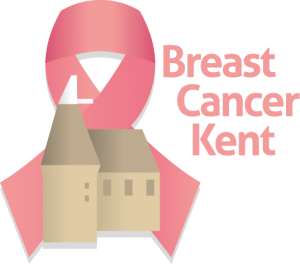Breast cancer diagnosis
If you have a new breast symptom you should arrange to have an appointment with your GP as soon as you can.
On arrival to the breast unit, you will be asked to fill out a questionnaire. A specialist will then ask you relevant questions about your concerns as well as your general medical health and family history of cancer. They will examine your breasts and armpits before deciding what tests you need. At Maidstone and Tunbridge Wells NHS Trust, all women over the age of 35 will be advised to have mammograms with or without an ultrasound of the affected breasts. Mammograms are always performed on both breasts.
An experienced consultant breast radiologist performs the ultrasound as well as interpreting your mammograms. Any patient over the age of 25 with a solid lump seen on mammogram or ultrasound should have a biopsy to ensure the correct diagnosis is made. Fluid from a cyst can also be drained with a needle. Sometimes, younger women will be advised to have a biopsy if the diagnosis cannot be made on ultrasound alone.
After your tests you may be able to go home straight away if the radiology department can reassure you that your breast are normal or the problem was benign (not cancerous). Sometimes the doctor who initially saw you wants to see you again after your tests. If you have had a biopsy taken then you will definitely see the doctor again and they will discuss with you the potential causes of the lump that was felt by you or lesion that was seen on the tests.
If a biopsy has been performed it will be sent to a consultant pathologist for analysis. You will then be given another appointment to return for the results of the biopsy, which is usually the next week. Occasionally, the doctor may recommend another test such as a breast MRI scan but this will be discussed with you in detail before you leave the clinic.
The majority of people attending a breast ‘one-stop’ clinic leave with a diagnosis of benign breast disease and are reassured.
